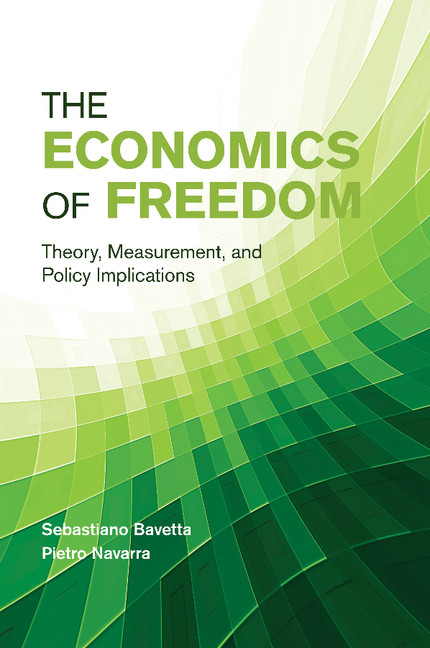

Between 19, the proportion of the world population living in extreme poverty (on less than $1.90 a day(9)) fell from 42% to 10%.(10) The result has been a dramatic escape from dire poverty for billions. Over the past few decades, the governments of many poor countries have allowed more economic freedom. (A return to open dirigisme will likely stop this momentum.)(8) Nobel Prize-winning economist Ronald Coase argued that China gradually became (partly) capitalist after the death of Mao Zedong,(7) which explains its high rates of economic growth. The recent rise of China does not contradict this theory. GDP per capita in the South is now 20 times higher than in the North.(6) They subsequently followed very different paths: a good measure of economic freedom in the South, and none in the North. The Economic Freedom of the World (EFW) index, compiled by the Fraser Institute since 1970, has generally ranked the tiny, resource-poor country as the economically freest country in the world.(4) This freedom has paid off in terms of economic growth: While Hong Kong’s GDP per capita amounted to 33% of the Canadian level in 1950, it had reached 108% in 1997.(5)Īnother telling example of the benefits of economic freedom is provided by the two Koreas, which shared the same culture and were at roughly the same level of development when they separated in 1948. Other Western countries, including Canada and the United States, followed in the U.K.’s footsteps.(2)Įconomic growth is a matter of good institutions (including economic freedom), not a matter of natural resources.(3) Hong Kong, a semi-independent territory of the United Kingdom until 1997, provides a good example. Over the preceding 700 years, it had only doubled. The real GDP per capita of the United Kingdom, the spearhead of the Industrial Revolution, was multiplied by 16 in the three centuries since 1700, according to recent estimates from economic historians. History strongly suggests that countries with more economic freedom grow faster-and those with less economic freedom sometimes don’t grow at all.

The most obvious benefit of economic freedom is that, as a system, it is the most conducive to widespread prosperity, that is, to high or rising income and consumption for the bulk of the population. A society based on economic freedom is a free-market society.(1) But is economic freedom economically beneficial? Is it all about money? Is it moral? Aren’t there many exceptions where government intervention is warranted? This Economic Note addresses these questions. This publication is disseminated in Europe thanks to a partnership with the Molinari Economic Institute.Ī useful and intuitive definition of “economic freedom” is the freedom (absence of coercion) to buy from, or sell to, a willing counterparty. This Economic Note was prepared by Pierre Lemieux, an economist affiliated with the Department of Management Sciences of the Université du Québec en Outaouais, and Senior Fellow at the MEI, in collaboration with Alexandre Moreau, Public Policy Analyst at the MEI.

Why we have it so good ( National Post, October 31, 2018) La liberté économique, à quoi ça sert? ( Huffington Post Québec, October 25, 2018) Media release: The fight against poverty depends on economic freedom But is economic freedom economically beneficial? Is it all about money? Is it moral? Aren’t there many exceptions where government intervention is warranted? This Economic Note addresses these questions. A society based on economic freedom is a free-market society. A useful and intuitive definition of “economic freedom” is the freedom (absence of coercion) to buy from, or sell to, a willing counterparty.


 0 kommentar(er)
0 kommentar(er)
